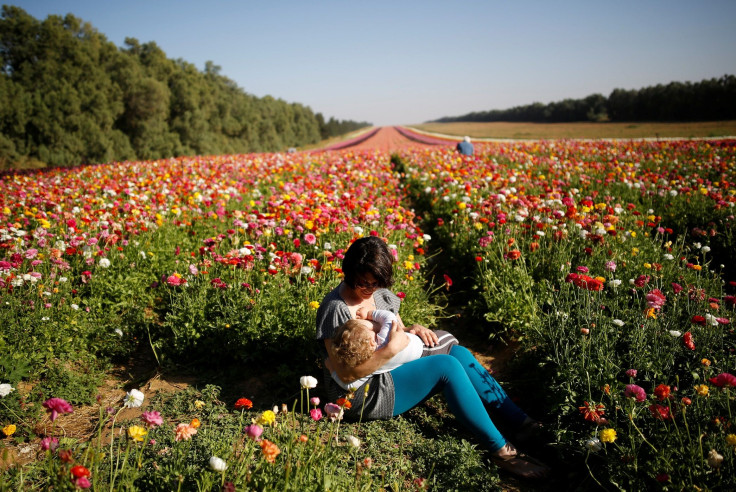US threatens Ecuador over breastfeeding resolution but concedes when Russia steps in

The United States had threatened Ecuador over breastfeeding resolution until Russia supported it, according to a report. Hundreds of government delegates from around the world gathered in Geneva for the United Nations-affiliated World Health Assembly earlier this year to pass a science-based resolution on breastfeeding, but the US allegedly stubbornly tried to hold it back.
According to the New York Times, the resolution, based on decades of research, says mother’s milk is the healthiest food for children and that countries should strive to limit the inaccuracies or misleading marketing claims of breastmilk substitutes. But the US delegation apparently worked for the interest of the US$70 billion (AU$$93.6 billion) baby formula industry, and therefore upended the deliberations.
Its officials attempted to remove the language that called on governments to “protect, promote and support breastfeeding,” as well as the passage that called for governments to restrict the promotion of food products that experts say can have harmful effects on young children.
As the US was apparently the only country that objected to the full resolution, its officials had to resort to “blackmail” to have their way. Diplomats and government officials told the Times that the US threatened Ecuador, which had planned to introduce the measure.
The US said it would release punishing trade measures and withdraw military aid from Ecuador if it refused to drop the resolution, according to “more than a dozen participants from several countries,” many of whom were said to have requested anonymity for fear of retaliation from the US. As the paper continues, health advocates scrambled to find another sponsor for the resolution. However, at least a dozen countries backed off because they feared retaliation as well. This was according to officials from Uruguay, Mexico and the US.
“We were astonished, appalled and also saddened,” Patti Rundall, policy director of British advocacy group Baby Milk Action, was quoted by the Times as saying. The group has attended the assembly since the late 1980s.
“What happened was tantamount to blackmail, with the US holding the world hostage and trying to overturn nearly 40 years of consensus on the best way to protect infant and young child health.”
But apparently thanks to Russia, the US did back down. Despite threatening the Ecuadorians, the Americans did not challenge the Russians when they stepped in to introduce the same measure.
“We’re not trying to be a hero here, but we feel that it is wrong when a big country tries to push around some very small countries, especially on an issue that is really important for the rest of the world,” a Russian delegate said.
The US Department of Health and Human Services told the paper that it wasn’t involved in the threatening of other countries, but it defended the delegates’ objection to the resolution.
“The resolution as originally drafted placed unnecessary hurdles for mothers seeking to provide nutrition to their children,” a spokesperson from HHS said in an email. “We recognise not all women are able to breast-feed for a variety of reasons. These women should have the choice and access to alternatives for the health of their babies, and not be stigmatised for the ways in which they are able to do so.”





















